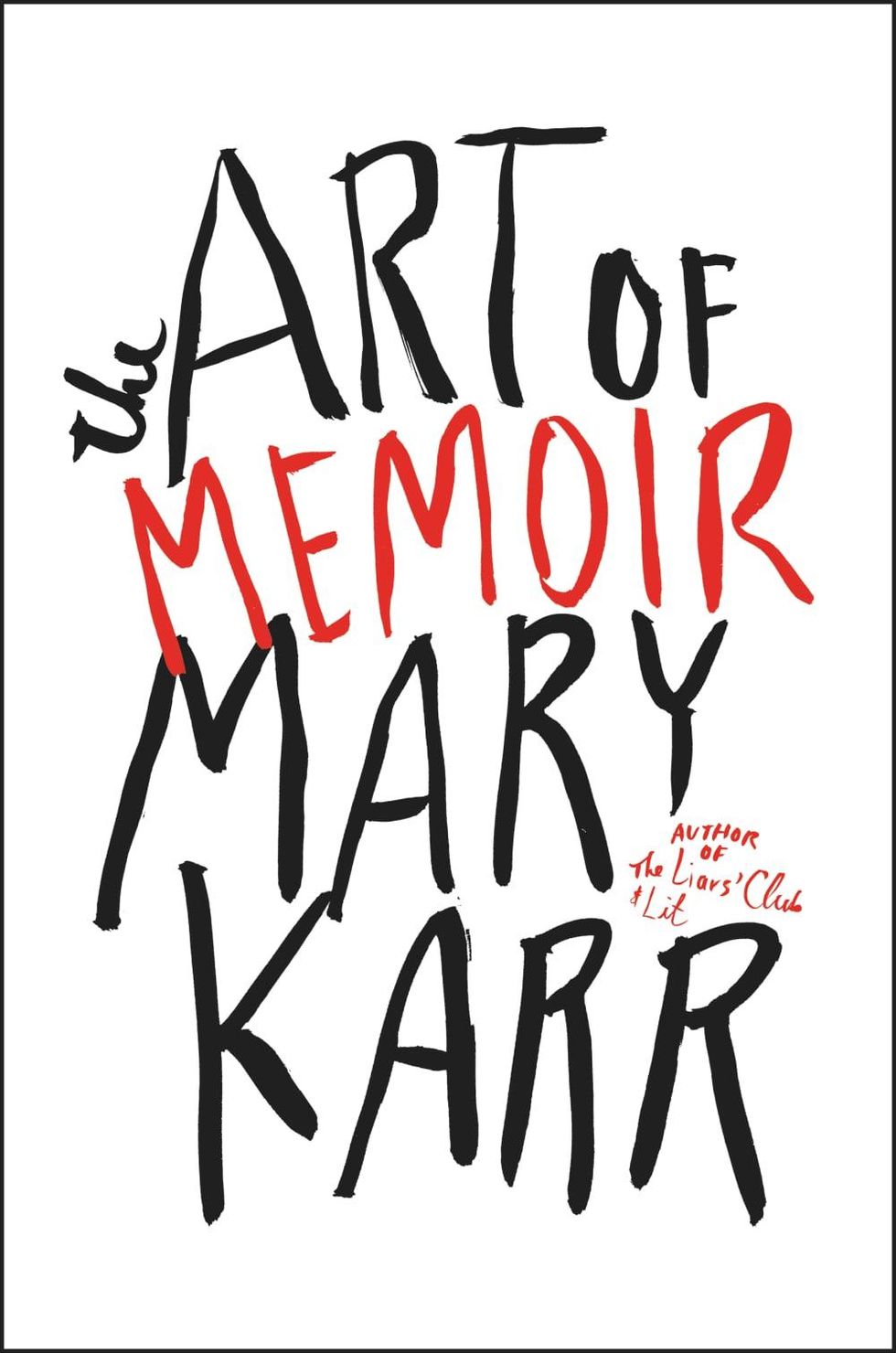On the Road Again
Best-selling author Mary Karr reveals literary secrets on Texas book tour
Having interviewed more than a few authors, I can admit with some experience that it’s not often one asks me a question about her own book. But Mary Karr, acclaimed writer of three best-selling memoirs including The Liars’ Club, is a rare author indeed.
Many critics credit Karr’s novels and especially The Liars’ Club with bringing about a resurgence and new respect for the memoir genre. So she doesn’t seem like the type who would be concerned about sharing an integral part of her life with her readers. Yet, this was the worry she voiced when I had the chance to talk to her by phone before she set out on the Texas leg of her book tour. Had she revealed too much of her own writing process in her latest book, The Art of Memoir?
The sin of memoir
The Art of Memoir is not a memoir. At first glance it seems like a how-to book, but Karr resists this category and readers probably will too once they begin to explore the short but rich chapters all dedicated to honoring both the form and her favorite memoirists, from Vladimir Nabokov to Maxine Hong Kingston to Harry Crews. Karr also throws in some of her personal rules for memoir and, yes, her observations and insights into her own writing process.
“I knew two things,” she says when describing how the book began. “I knew I would have the lessons I learned from writing three of these, for committing the sin of memoir three times. But I also knew that that wasn’t the focus of the book. It wasn’t a memoir about my writing memoir, even though to some extent that’s all I have.”
She wondered what I thought about those sections where she reveals her struggles at digging through her own past and putting those excavations on paper. Others had advised her not to use herself as an example. When I told her I thought her writing life was a vital element in The Art of Memoir, she said her writing story is also what many readers want to know.
“When I travel, I’m also asked in great detail about these reversals I’ve had in writing,” she says, even though revealing these reversals in a book about memoir as a literary form makes her sometimes feel like a “used car salesman.”
“In a way I felt vaguely embarrassed writing about it, but it’s also stuff that I’m always asked. To not write down the answers seems almost disrespectful to my readership.”
A life examined
Karr is coming to Austin on Friday, September 18 for a BookPeople talk and book signing. I asked Karr if she thought those in attendance would be seeking her advice to go home and begin their own memoirs, or if they would be fans supporting her latest book.
She was quick to correct with a joke. Those readers could easily be her “assassins“ she says dryly, adding, “I have no idea. I’m as clueless as you are.” As a poet for a “long time,” she’s always just grateful when anyone shows up.
When I asked her if she thinks every life is a life worthy of its own memoir, that poet shines through her answer.
“I always say that the most privileged person in every room suffers the torments of the damned just going about being a human being. Every life has great nobility and suffering and tragedy. Everybody gets sick and people they love die. It’s not all that, but we all suffer.”
Yet she explains both in our talk and in the book that it’s not the most dramatic life that necessarily makes for a great memoir but the sifting through the past, understanding, and then putting words to page.
“It’s not the events, it’s how they’re written.”
Truth vs. drama
The Art of Memoir explores many types of memoirs and a very diverse group of masterful memoirists. Along the way, Karr “peppers” the book with advice for budding and experienced writers. What she doesn’t have patience for are memoirists who write fiction labeled as their life, for those who make up elements of their life story in order for that life to read as more dramatic or tragic. For Karr, those writers should just go ahead and write a novel, as they’ll probably be more “respected” for it.
“I think making stuff up often denies them that deeper truth,” she says. “It’s not just that the reader loses out. They lose out.”
Reading the book and talking to Karr, I soon got the impression that the writer of The Liars’ Club had no time for liars who sell those lies as truth to an audience.
“As a child I was lied to often and with conviction, starting with the line ‘I’m not drunk,’ which is always a lie,” she explains, going on to add that the greatest memoirists have a “desperate” need to find the truth. “Most people who really succeed at this are driven to know what actually happened.”
Though East Texas plays a prominent role in her own childhood truths in The Liars’ Club, Karr is a New Yorker now, but says coming back to Texas is coming home too.
“I left home so long ago. I’ve been away for a long time. I have people there I love. I love the people and I love the language. I love all of it. I do feel at home even though I’m obviously a New Yorker. I can’t bullshit myself or anybody else.”
---
Catch Mary Karr at BookPeople on Friday, September 18 at 7 pm. The book talk is free and open to the public. Tickets to the signing portion of the event are available to those who purchase a copy of The Art of Memoir through BookPeople.

